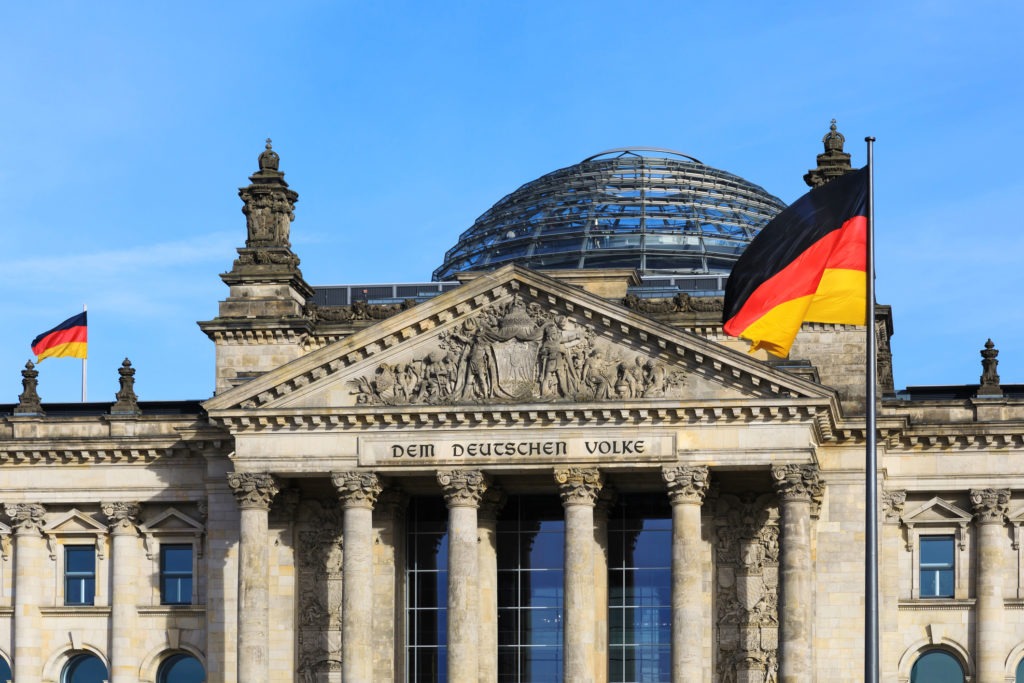Greens want automotive market emission changes for coalition agreement in Germany
07 November 2017

07 November 2017
Germany’s Green Party has said that any coalition government they join would have to agree to make vehicle manufacturers introduce mechanical changes to engine and exhaust systems, in order to cut toxic emissions.
Chancellor Angela Merkel won enough votes to stay in power for a fourth term following the country’s elections in September but her Christian Democratic Union (CDU) party will need to secure a coalition if it is to govern the country effectively.
However, following a fall in votes, the Social Democratic Party (SPD) has decided it would rather go into opposition than renew the coalition that has governed Germany for the last four years. This means Merkel will need to find new partners, with the Free Liberal Democrats (FDP) and Green Party looking like the most likely allies, with both required to form a ruling government.
The CDU is aiming to have a deal in place by Christmas, with transport amongst the policy areas being discussed. The Greens back the banning of diesel engines from cities, with Munich, Stuttgart and Cologne all considering the option. Another policy the Greens brought to the elections was the banning of petrol and diesel only vehicles from sale by 2030, ten years before similar bans in the UK and France would come into force.
The parties are discussing all policy areas before launching detailed negotiations. While the atmosphere has improved in recent days, there have been few actual deals, with immigration and climate change among the biggest sticking points.
The Greens’ demands on carmakers would go further than software fixes, so far agreed between politicians and German car bosses, to help repair the industry’s badly damaged reputation.
The future of Germany’s mighty car industry, the country’s biggest exporter and provider of some 800,000 jobs, is a tricky area as it tries to recover from the diesel-emissions testing scandal which broke at Volkswagen two years ago.
In August, politicians and car bosses agreed to overhaul engine software on 5.3 million diesel cars to cut pollution and avoid bans on polluting vehicles but they stopped short of committing to more expensive hardware modifications. However, a coalition with the Greens could change things.
′We won’t meet our targets of getting cleaner air in city centres with software upgrades alone,’ Cem Özdemir, leader of the Greens, said as he headed into the talks. ′There must also be hardware solutions.’
During the election campaign, Merkel had plenty of harsh words for the auto industry. ′Large sections of the auto industry have gambled away unbelievable amounts of trust. This is trust that only the auto industry can restore. And when I say ′the industry’ that is the company leaders.’ She also said big bonuses for executives were unfair.
However, the country’s conservative bloc, which includes the CDU and Bavaria’s Christian Social Union (CSU), oppose any demands to ban the combustion engine from 2030.
In an update on that point, the Greens party leader Cem Özdemir is quoted in an Automobilwoche article; ‘I realise that we alone cannot decide on the end date of 2030 for the registration of internal combustion engines.’ Instead of a specific date, the Greens now demand only ‘a clear commitment that we do everything to get the vehicles of the future – connected, automated and emission-free.’